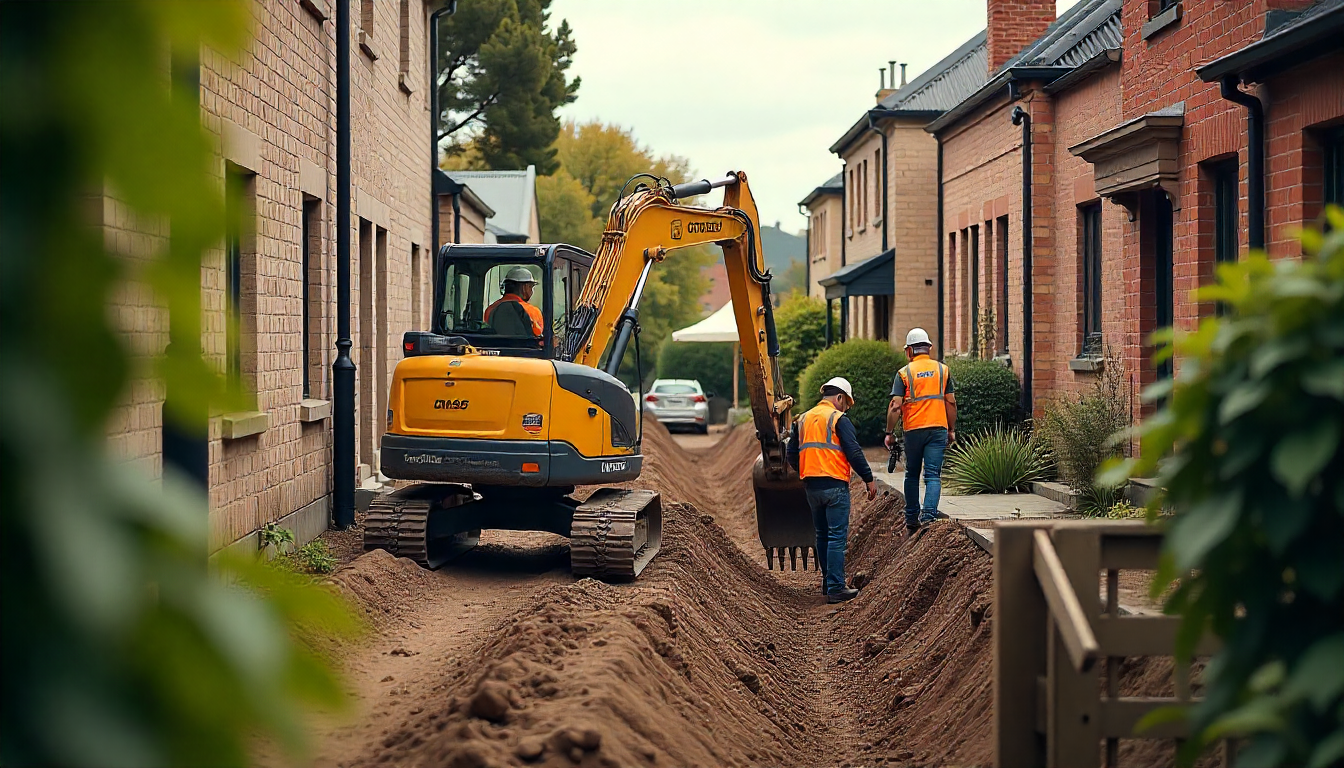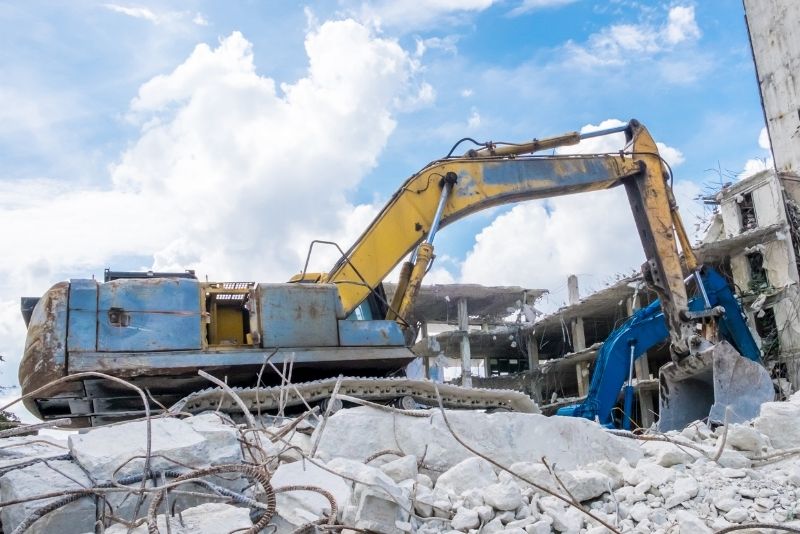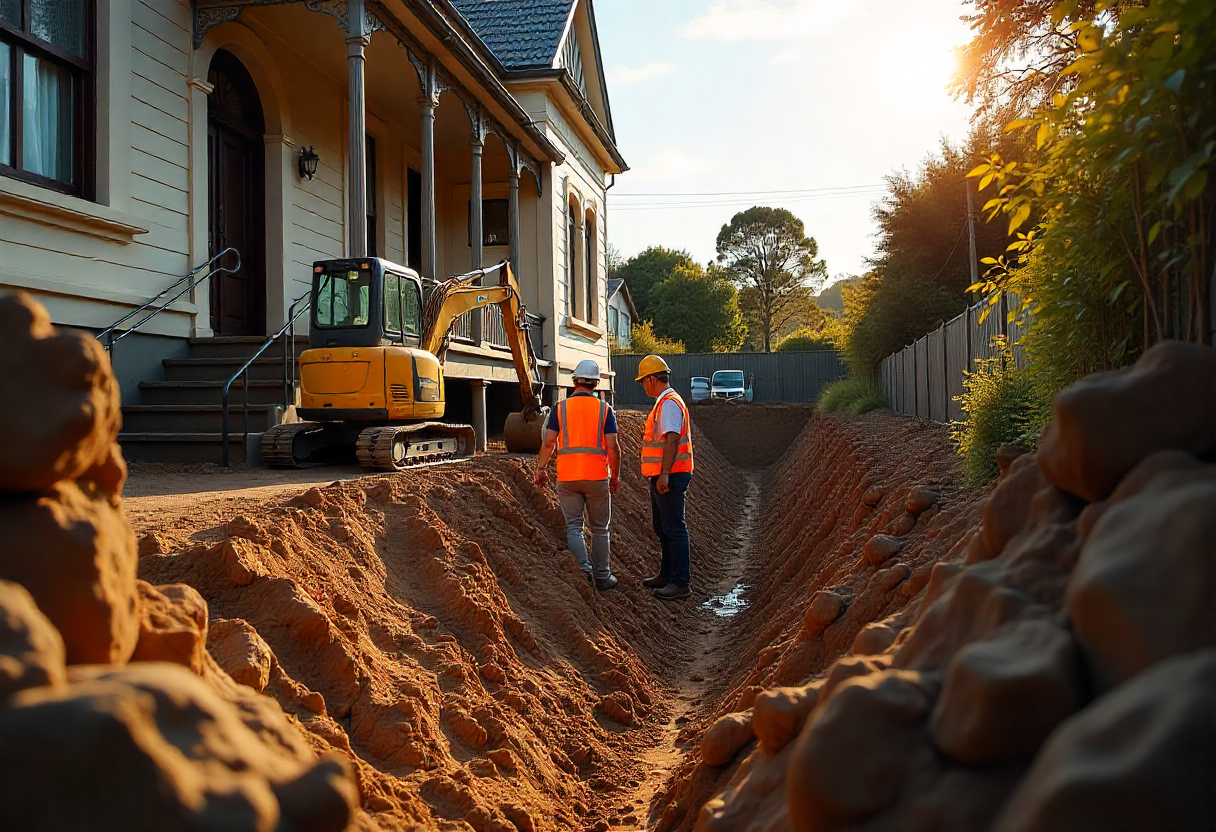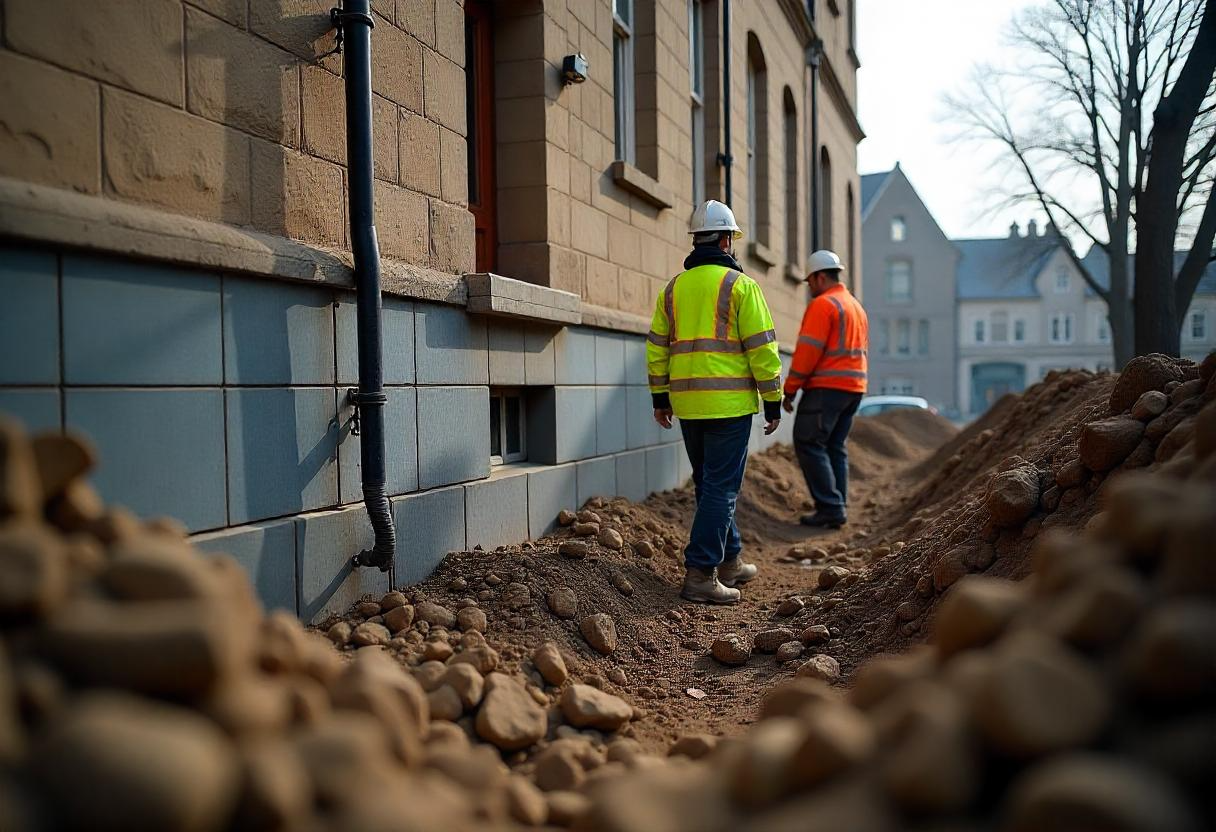
When you need professional excavation New Town services, choosing the right contractor makes all the difference. Our specialized team understands the unique challenges of working in New Town’s established neighborhoods, from heritage building considerations to tight access situations between properties.
Ready to move forward with your excavation project? Our professional team is here to ensure your New Town excavation is completed efficiently, safely, and in full compliance with all heritage and environmental requirements.

Tight Access Excavation Between Established Properties
Lenah Valley is renowned for its mature established properties with significant tree coverage and heritage gardens. Our excavation services are specifically designed to preserve these valuable landscape features while achieving your construction goals.
Root zone protection is achieved through hand excavation within critical root zones, using air spading technology to expose roots without causing damage. When necessary, we install root barriers and carefully grade areas to maintain existing soil levels around established trees. This meticulous approach ensures that mature trees continue to thrive throughout and after the construction process.
Navigating New Town’s Narrow Sites
New Town’s mature streetscape often presents excavation challenges with limited space between existing structures. Our compact excavation equipment and specialized techniques ensure your project moves forward without compromising neighboring properties.
Our Tight Access Solutions Include:
• Mini excavators for spaces as narrow as 800mm
• Remote-controlled demolition robots for confined areas
• Hand excavation techniques for ultra-sensitive locations
• Careful planning to protect existing boundary walls and foundations
Protecting Your Investment and Neighbors
We understand that property developers and homeowners in New Town value both project efficiency and community relationships. Our tight access excavation methods minimize:
• Ground vibration that could affect adjoining structures
• Noise disruption to established neighborhoods
• Dust and debris impact on neighboring properties
• Damage to existing landscaping and driveways




Basement Additions for Victorian-Era Homes

Heritage-Compliant Excavation Solutions
Adding basement space to New Town’s heritage properties requires specialized knowledge of both modern excavation techniques and heritage preservation requirements. Our team works closely with heritage consultants and structural engineers to ensure compliance while maximizing your property’s potential.
Victorian Home Excavation Considerations:
• Foundation assessment and strengthening requirements
• Heritage overlay compliance and council approval processes
• Structural support during excavation phases
• Managing bluestone and sandstone foundation materials
• Waterproofing solutions for below-ground spaces
Environmental Compliance: We handle all environmental management requirements, including soil testing for potential contamination common in historic urban areas and proper disposal of heritage building materials.

Maximizing Space in Established Neighborhoods
New Town homeowners choose basement additions to:
• Increase living space without altering heritage facades
• Add value while respecting neighborhood character
• Create modern amenities in historic properties
• Utilize previously unusable under-house areas
Our excavation process includes comprehensive structural assessments, staged excavation to maintain building integrity, and coordination with heritage compliance requirements specific to New Town’s planning overlays.
Stormwater Management in Dense Urban Areas

New Town's Unique Drainage Challenges
Dense urban environments like New Town require sophisticated stormwater management during excavation projects. Our team understands local council requirements and implements solutions that protect both your project and the broader neighborhood infrastructure.
Comprehensive Stormwater Solutions:
• Temporary drainage systems during construction
• Integration with existing council stormwater infrastructure
• Soil stabilization to prevent erosion
• Sediment control measures
• Long-term drainage design coordination

Protecting New Town's Infrastructure
Our stormwater management approach considers:
• Existing council drain capacity and connection points
• Impact on neighboring properties’ drainage
• Environmental protection measures for the Derwent River catchment
• Long-term sustainability and maintenance requirements
Council Compliance: We work directly with Hobart City Council to ensure all stormwater management meets current regulations and environmental standards, reducing approval delays and ensuring project continuity.
New Town’s established infrastructure includes decades of utility installations, often with limited or outdated records. Our excavation process begins with comprehensive utility location to prevent costly delays and safety issues.
Why Choose Our Excavation New Town Services?
FAQ About Excavation in New Town
What must I do before entering any excavation on my New Town property?
Before anyone steps into an excavation on your New Town site, I always ensure we’ve completed our safety checklist. This includes testing the air quality (especially important in Hobart’s older neighborhoods where soil contamination can be an issue), checking that the excavation walls are stable, and confirming all safety barriers are in place. In New Town’s heritage areas, I also verify that any structural supports for nearby Victorian-era buildings are secure before allowing entry.
At what depth does my New Town excavation become high risk?
In my experience working around New Town, any excavation over 1.5 meters deep is considered high risk under WorkSafe regulations. However, I treat excavations over 1.2 meters with extra caution, especially during Hobart’s winter months when our clay soils become saturated and unstable. The heritage nature of many New Town properties also means I’m more conservative with depth limits to protect existing foundations.
What's the difference between shoring and shielding in excavation?
I explain it to my New Town clients this way: shoring is like putting up wooden or steel supports to hold back the soil walls (think of it like propping up a bookshelf), while shielding uses protective boxes or shields that workers can get inside if the walls collapse. For most residential projects in New Town’s established neighborhoods, I typically use shoring because it’s more suitable for the confined spaces between properties.
How long does a typical excavation take in New Town?
For most New Town residential projects, a basement excavation takes 3-5 days, while utility trenches can be completed in 1-2 days. However, heritage compliance requirements and our need to work around existing utilities often add 1-2 extra days to the timeline. I always plan for Hobart’s unpredictable weather too – heavy rain can delay work for safety reasons.
What's the maximum depth I can excavate without special support?
Technically, you can go up to 1.5 meters in stable soil conditions, but in New Town’s variable clay soils, I rarely recommend going deeper than 1.2 meters without some form of support. The heritage nature of surrounding buildings and the potential for utility conflicts make me more conservative with depth limits.
